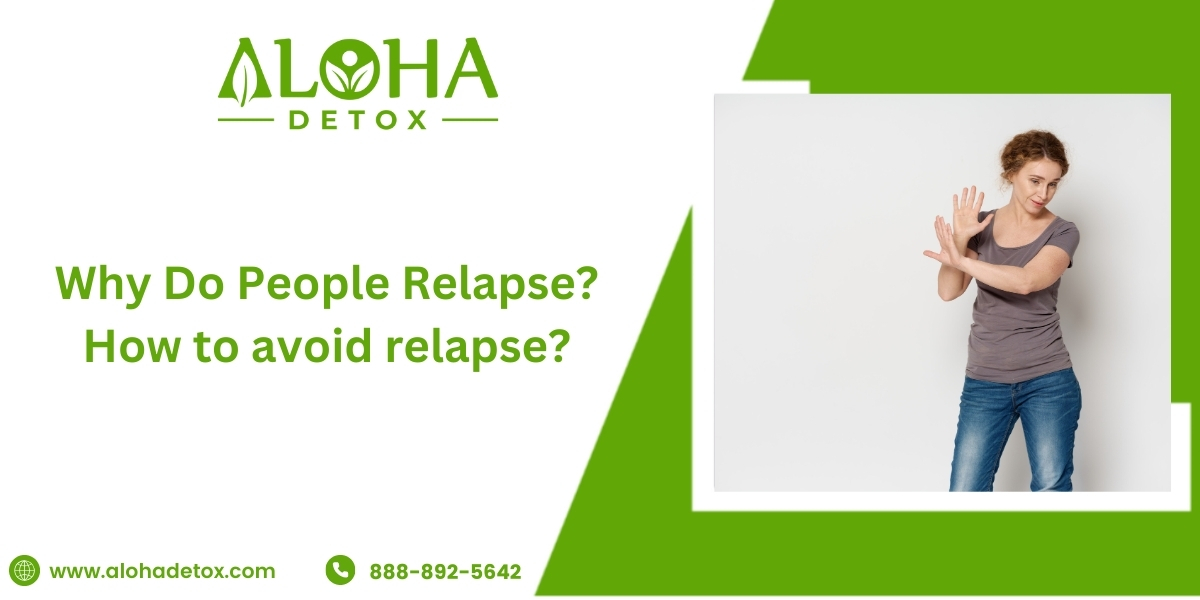
Why Do People Relapse? How to avoid relapse?
Relapse Prevention – As per statistics, about 40 to 60 percent of people relapse within 30 days of leaving their treatment centers.
People in the initial stages of recovery are often horrified by thoughts of “relapse”. Some people have difficulty dealing with temptation and the charms of relapse, while others feel deep shame about their relapse. Some consider relapsing an existential threat that spurns many unknown and mysterious forces. No matter the situation, the fact is relapse is detrimental. People can safeguard their recovery by scrutinizing early warning signs and learning Relapse Prevention Skills as per their personal needs.
Relapse can be a hiccup in your journey, but it cannot be a grinding halt. Relapse is a common occurrence even after complimenting your program. Residential Treatment Center Near Me can help you magnify potential triggers that can lead you to relapse. Relapse triggers can be different from person to person. Staying watchful for potential relapse is vital because it is conjugated with the risk of overdose or even death. The best treatment option for a person who has stepped into relapse is to give themselves the best chance by re-entering in recovery.
Why do people relapse? – Relapse Prevention
The concept of recovery is corroborated with continual movements where a person steers his direction and how gracefully reacts to recovery blessings and challenges or ingests in dysfunctional thoughts and behaviors.
Relapse does not come with any blueprint or fixed program. Relapse can occur due to a sheer number of reasons. Everyone is different and their situation. Relapse can happen to anyone, whether one day or 30 years sober. A person might navigate through depression, exhaustion, or even day-to-day stress that can be strong triggers for relapse. In the initial period of sobriety, a person needs to be extra sensitive. Isolation and lack of a supportive environment are some of the strands that are relapse factors.
How to Avoid Relapse?
However, there are no tested-and-true methods to avoid relapse. However, learning Relapse prevention skills from counselors and therapists can reduce the odds of relapse. In treatment, patients identify and cultivate skills to curb high-risk situations and understand the warning signs of relapse. Patients are taught a disease model of addiction that defines addiction as both chronic and progressive. They are upskilled with coping skills, support networks, and self-care routines. These important techniques would adeptly maneuver any threat of relapse.
Tips to Avoid Relapse
- Focus all your energy on laying the groundwork to avoid relapse and live long-term recovery.
- Attend the treatment program that sets the pace of recovery plans and work with you.
- Adhering to and learning the outlined Aftercare program is a crucial Relapse Prevention skill to support your journey.
- Build a support group that could be helpful when you are feeling alone and challenged by the pressures of living a drug-free life.
- Some aftercare plans include ongoing therapy, while for others, you need a therapist who works along with you in different phases of recovery.
- Attend 12-step meetings that give you access to a peer support group that can understand your struggles and help you overcome them.
- Journalizing is a great way of preventing relapse. It helps you track your mood assess your goals, and set up plans accordingly.
- Reach out to therapists or counselors who can help you try self-help recovery.
Sobriety is life-long grinding. Getting a relapse prevention plan and aftercare can help you sustain long-term recovery. If you know someone struggling with drug or alcohol or have recently relapsed, Aloha Detox counselors and specialists can help you from all walks of life and break free from drug and alcohol abuse.
Call us now – 888-892-5642 or for more information enquire us at info@alohadetox.com
